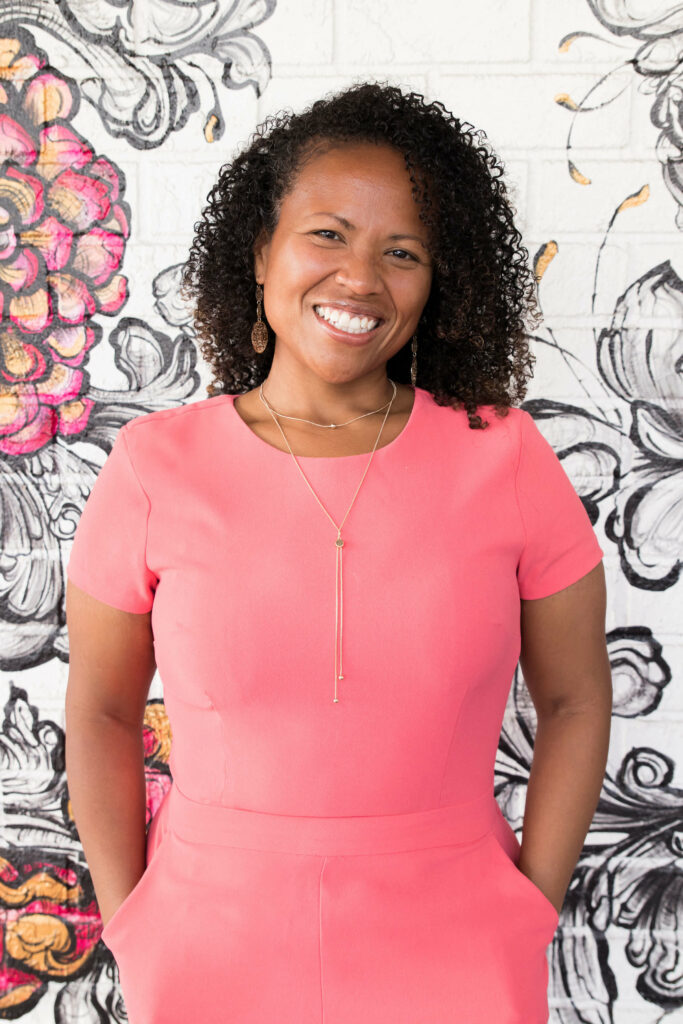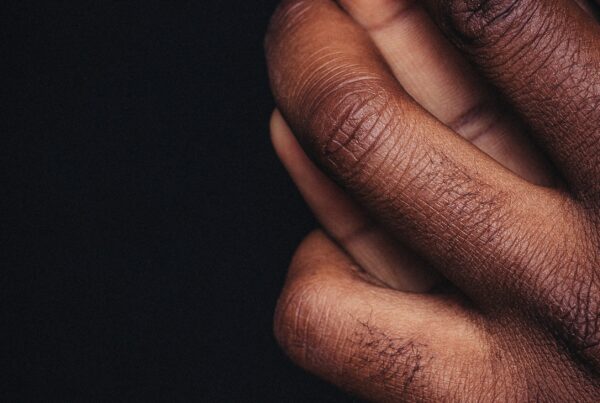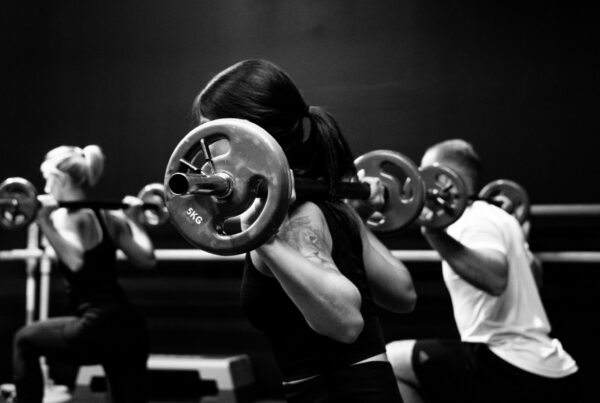We hear the term “ally” often, and it usually refers to a person who wants to support and advocate for people who experience marginalization yet do not experience that marginalization themselves. The true marks of an ally are actions that demonstrate solidarity with the marginalized. Rather than think of an “ally” as a person, it is more accurate to think of doing “allyship” as a verb. We are not an ally, we do allyship alongside the oppressed, the marginalized, and the overlooked. Cultivating a life of allyship requires work–internal work, interpersonal work, and communal work.
Meet our third writer in our series Allyship: A series towards solidarity, Latasha Ferguson.
I promised myself I wasn’t going to say anything. I was just going to support a friend and stand in solidarity with my Asian sisters that night in the Zoom prayer call. Then the facilitator asked if anyone wanted to say something. Before I knew it, my hand had betrayed me and was sticking straight up in the air. While my voice cracked and my face felt like I had been standing in the noon day sun. I explained that I debated on whether to show up because I wasn’t sure how I would be received. As I was speaking, I felt a knot rise up in my throat and the hair on the back of my neck stood up.
“Please don’t make a fool of yourself and cry in front of all these people.”–words I repeated to myself over and over in my head.
Then this message popped up in the chat box: you are welcomed here and you belong.
Like a flood, years of rejection rolled down my face and onto the desk where I sat. 30+ years I had struggled silently with my identity. For some, I was too brown to be Asian and for others not brown enough to be African-American. The sting of not knowing where I belonged had left gaping holes and caused me to wrestle with my identity.
Right there, that night, in front of my Asian sisters, some I knew and most I had never met, I felt my heart heal in areas that I didn’t even realize needed healing. As I watched them weep right alongside me and affirm who I was and how God created me that way on purpose, a level of freedom and confidence filled up some of the spaces that years of rejection had left.
Finally, I belonged and my skin was no longer a barrier to show all the way up in my Asian heritage.
Looking back I now realize that because I was so unsure of who I was, I had made secret deals with myself to just go along, not to ruffle feathers, or make waves. I just needed to be grateful and happy that I had made it this far. I’ve never been one to bite my tongue but when it came to matters of diversity, equity, and inclusion– inwardly I was a burning flame but outwardly I was quiet as a mouse. For years, I was able to skate around conversations and situations that pulled on me to speak up and out. Because I saw myself as only being “half black” and “half Asian”— there was no way I felt qualified or that I had a right to speak to any issues arising in either culture.
After that prayer meeting, it was clear that I had to stop leaning into my insecurities and I had to do the necessary inner heart work. If I was going to love God and love people like we are expected to do, then I could no longer hide under my identity crisis blanket, be upset behind closed doors, and not allow what breaks his heart– the social injustices of this world– break mine enough to compel me to action.
I’d like to say that the inner work I am referring to is easy work. It’s not easy because the hardest person to lead in this world is ourselves. For me, the work looked like
- Becoming a student of other people’s stories
- Seeking out a counselor who looked like me to help me process through old wounds
- Investing in the work of authors who are teaching about allyship
- Being in community with other people who believe and are living out allyship
- Diving into the bible through a social justice lens and realizing that God is a God of multiculturalism and justice
This was not about checking a box so that I could be credentialed enough to speak to social justice matters. It was more about emptying out years of lies (unlearning) and refilling (relearning) so that I could become the person who God created me to be. The person who would no longer see herself as “half of anything” but whole and blessed to come from two rich, strong, and beautiful cultures. This “becoming” would allow me to then do authentic work from the overflow of who I am.
Allyship is holy and hard work. It requires us to look inward, first. It requires us to know who we are. I’m not saying we have to be inwardly perfect before we stand in solidarity with our marginalized or silenced brothers and sisters. However, we must remain in a posture with eyes up and hearts and hands open in humility, curiosity, and compassion. When we do this, practicing allyship will not be something we have to try to conjure up each time we hear about a tragedy or injustice our brothers and sisters are facing, it will naturally flow from who we are. We will also resist falling into the comparison trap, comparing “which culture’s pain is greater or more important”.
If you are wrestling with your identity and finding your voice, I encourage you to take some time to do the inner heart work. If you feel like shrinking, when you should stand up and speak out or take action– ask yourself where that feeling is coming from. What is the root? If you don’t feel as moved by what is happening to another marginalized group as you are your own, ask yourself why and be brave enough to keep digging deeper until you uncover the reasons. Lastly, surround yourself with people who will hold you accountable to do the inner and outer work.
This work is too important to do alone.

Latasha Ferguson is a mixed Korean and African American director of instruction, podcaster, coach, and consultant. Because she has experienced the unique challenges of being the “only one in the room” while leading, her heart beats for helping women of color leaders lead themselves well, navigate the nuances of being the “only”, and find community. She is a wife to her best-friend and mom to four fierce girls. In her downtime, she loves to run, read, spend time at the beach, and travel in search of great food that hugs her belly.
The views and opinions expressed on the Chasing Justice Blog are those of the authors and do not necessarily reflect the official policy or position of Chasing Justice. Any content provided by our bloggers or authors are of their opinion and are not intended to malign any religion, ethnic group, club, organization, company, individual or anyone or anything.







